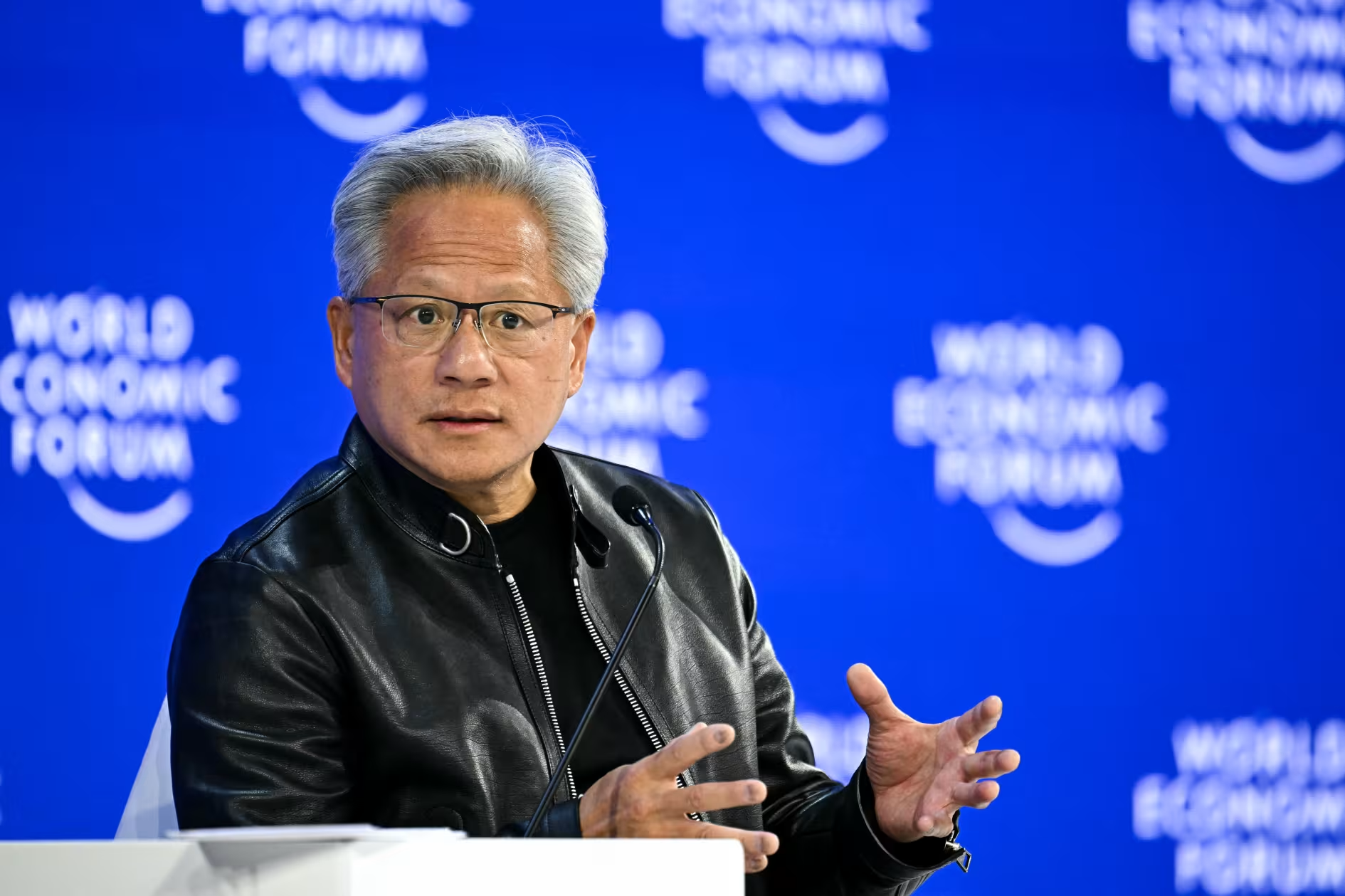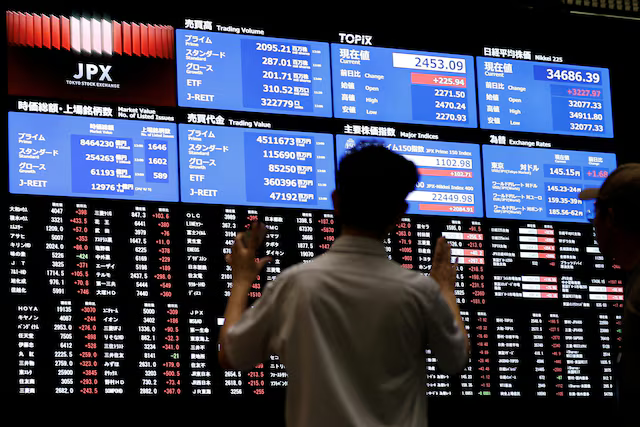Stock futures showed little movement on Thursday as investors digested the announcement from President Donald Trump regarding new 25% tariffs on foreign automobiles.
Futures tied to the Dow Jones Industrial Average rose by 82 points, or 0.2%, while S&P 500 futures gained 0.1%, and Nasdaq-100 futures remained flat.
The tariffs, set to take effect on April 2, were announced as part of Trump’s broader plan to impose retaliatory duties on countries that have levied their own tariffs on US imports. The president had signaled earlier this year that these tariffs would be implemented, and they are expected to remain in place throughout his second term. Trump’s remarks focused on monitoring both the origin of car parts and the final production location, ensuring that only vehicles not made in the US would be subject to the tariffs.
Automakers saw their stock prices react negatively to the announcement, with General Motors’ shares falling by 6.5% in premarket trading, while Ford’s stock dropped by 2.6%. Tesla’s stock, however, remained unchanged.
The news comes at a time of increased concern about the state of the US economy, which is showing some signs of weakness. Consumer confidence reached a 12-year low in March, according to a report from the Conference Board. This followed a similarly weak consumer sentiment reading from the University of Michigan Survey of Consumers.
Daniel Skelly, Head of Market Research and Strategy at Morgan Stanley’s Wealth Management division, noted that the tariff news serves as a reminder of the ongoing market volatility caused by policy uncertainty. He also suggested that the April 2 tariff deadline might only mark the beginning of negotiations rather than a final resolution, which could contribute to further market struggles.
Despite these concerns, stock markets have managed to hold onto marginal gains for the week. The S&P 500 and Nasdaq Composite have both risen by approximately 1%, while the Dow has increased by 1.1%.
In addition to monitoring the ongoing developments surrounding tariffs, investors are also awaiting new economic data, including jobless claims data due Thursday and the March reading of the personal consumption expenditures (PCE) price index, which the Federal Reserve uses to gauge inflation.
Overseas, markets in Asia traded mixed in response to the announcement, with Japan’s Nikkei 225 falling by 1.2%, and South Korea’s KOSPI dropping by 0.9%. In contrast, China’s CSI 300 and Hong Kong’s Hang Seng Index both posted modest gains.
With input from CNBC, Reuters, Market Watch.










The latest news in your social feeds
Subscribe to our social media platforms to stay tuned